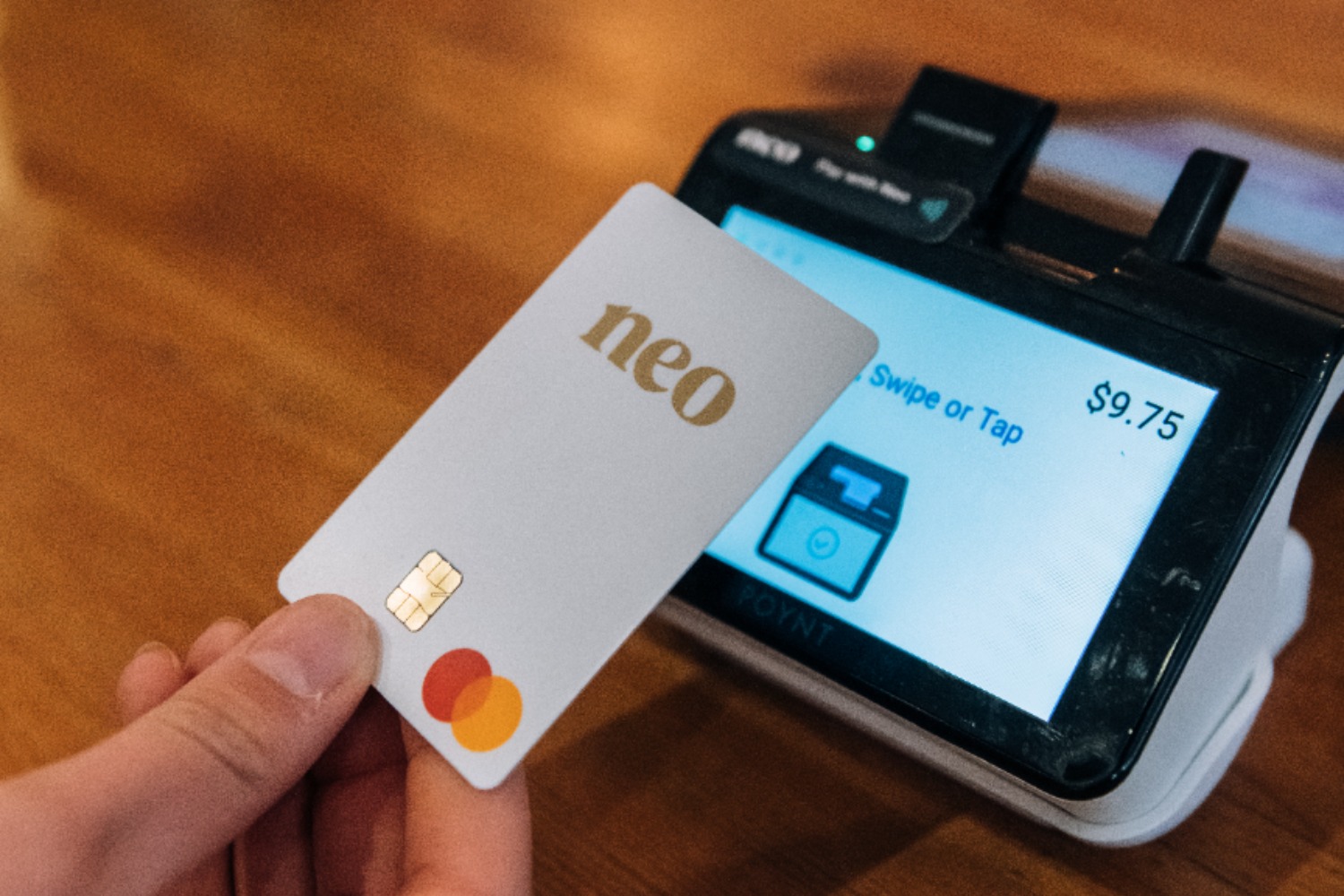We don’t know who needs to hear this but, you don’t really have to be a math genius to manage your finances. All you need are a few simple and doable financial tips. As it happens, we have just the thing for you, courtesy of the experts at Neo Financial.
As you know the Canada-based online fintech alternative to banking has been working towards simplifying the whole financial process for Canadians. With a belief that a ‘bank should make people money,’ they’ve gone on to offer some irresistible features (which we’ll discuss in a bit). Keeping up with this belief, the financial experts here gave us a 9-step guide on how to manage your finances like an absolute boss. And don’t be surprised by how easy they are to follow.
Here, check them out.

#1 Pick the right account
Having the right account to take care of your money is one of the most crucial aspects of money management. You want to go with an account that helps you grow your money and makes it convenient to manage your account. Neo Financial, for example, gives you a 130x more interest rate (1.45%), does not charge you any monthly or annual fee for maintaining the account and offers unlimited transactions. This clubbed with their higher-than-usual cashback on their rewards card makes it easy to grow your money without too much effort. Plus, being a digital alternative, allows you to manage everything from the comfort of your home with just a few clicks.
#2 Plan a comprehensive budget (and stick to it)
As much as you hate this step, a comprehensive budget is the only way to ensure that you aren’t living paycheque to paycheque all your life. List down your current and near-future expenditure. This will help you plan for big investments in the future by adjusting your spending patterns accordingly. But DO NOT make your budget so unrealistic that you can’t keep up with it for long. Try the 50/30/20 rule. 50% of your income is the necessities – grocery, gas, bills. 30% for your wants – happy hour, new outfit, weekend getaway. And 20% to your savings or larger payments, like student loans.
#3 Accelerate your savings
What this means is take a portion out for savings each month. It could be as tiny or as huge an amount as you want or can afford. And the best way to do this is to think of it as another mandatory payment like rent. Pay yourself the amount you’ve decided each month and move it into your savings account.

#4 Figure out a way to pay less interest on your debts
There are two standard ways of doing this, 1) start with debts that have the largest interest rates or 2) start with debts of the smallest amounts. Technically speaking, the former is more effective as you clear off large debts. But in case the large debts are long term, paying off the smaller debts first is a more viable option.
#5 Ensure you are only paying taxes you strictly need to
The most common ways of doing this are- maximizing your retirement savings, investing in health savings and investing in long-term capital gain (the tax is much less on these). Another way is to start a business. A lot of your expenses- health insurance premiums (in some cases) and part of your home expenses (under the home office deduction)- can bring your tax obligation down. And if you can, hire a professional to take the load of doing taxes off your plate, plus they are great at maximizing your return!

#6 Work on your credit score
Simply put, a good credit score will allow you to be approved for loans quickly and get lower interest rates. The best way to work on your credit score is by reviewing it periodically and adjusting your patterns accordingly. As a general rule, the few things that improve your score are timely payments, low credit card balances and multiple, long-term cards and loan accounts. FYI, you can get your credit report for free at GOC’s website.
#7 Have an investment plan
Contrary to popular belief, you don’t need hundreds of dollars or shitloads of market knowledge to invest. What you do need is a basic understanding of what strategy is best for you. This would depend on whether your goals are short or long-term, the amount you’re investing and your risk tolerance. The simplest way to start is to get one of the many easy-to-use investment apps that let you start with as little as $1. And if you can afford it, definitely consult an advisor.

#8 Save for retirement regardless of your age
Let’s be honest, nobody in their 20’s is ever thinking of retirement. That said, when it comes to retirement savings, ‘sooner the better’ is the mantra to go with. For one, the earlier you start, the more years you have to save and the more amount you can save. For two, a retirement fund is actually one of the safest and most tax-conducive forms of investment.
#9 Have an emergency fund
The thing about financial emergencies is that no one ever wishes for them but many of us end up facing them. And the only way to brave it is having an emergency fund. Of course, it serves as a safety net. But it also ensures that you don’t accumulate high-interest debt. If you’re taking credit in times of emergency, the interest rate is most definitely not going to be gentle on your bottom line.
There you have it guys… the nine easy steps, as given by Neo Financial experts, to managing your finances like an expert.





